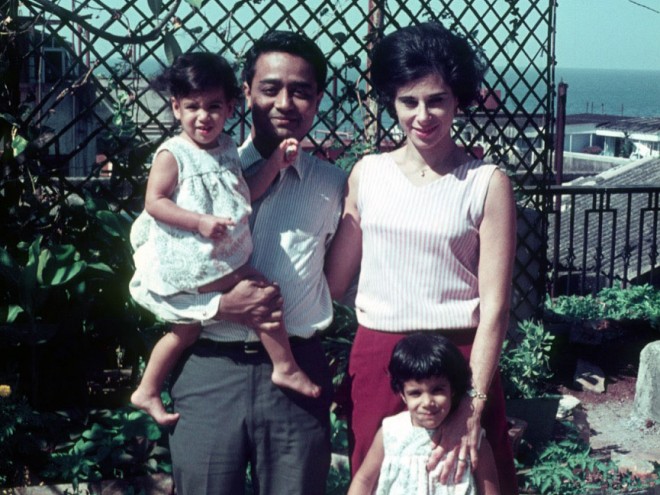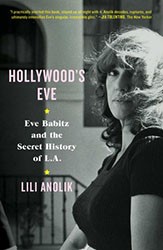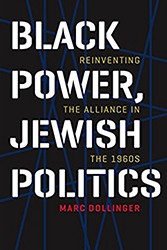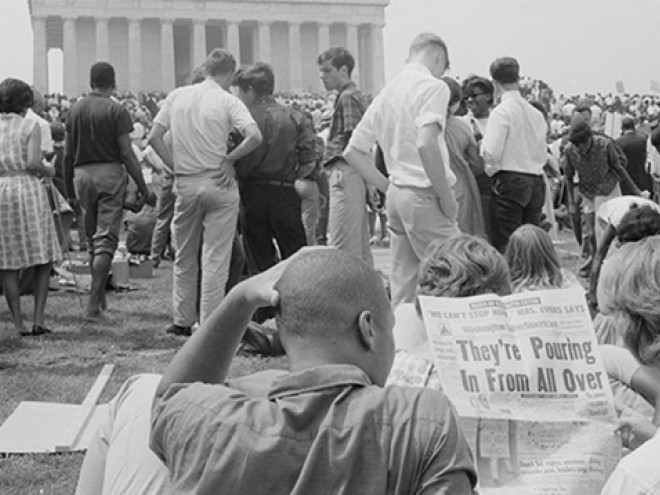What really happened during the 1960s? Revolutionaries lays bare the promise, hope, and often the ugly truth of the counterculture movement of the late 60s and early 70s. Joshua Furst’s second novel craftily captures the images, nuances, and essence of those times.
Brooklynite Lenny Snyder, a thinly disguised Abbie Hoffman, learns his activist ropes as a freedom fighter and at community and college sit-ins, marches, and protest events. The brash, boastful, and charismatic Lenny graduates to national fame with his civil disruptions, high visibility, and his made-for-TV antics at the New York Stock Exchange and Lincoln Center. His recognizable face and slogans adorn t‑shirts and books, and he becomes an acknowledged leader of the anti-war, civil rights, and flower power causes.
Lenny’s story is narrated by his son, Fred, short for Freedom, twenty-eight years after Lenny’s death. Fred, who was conceived on the Great Lawn of Central Park with thousands of onlookers, looks back at his neglectful and painful childhood with cynicism yet compassion. His childhood voice is imbued with wisdom and understanding in conveying what it was like to be a backstage child at the revolution.
Fred chronicles his life growing up among the famous and infamous as one of no bounds, no normalcy, no school, and often witnessing and living with the excesses of drugs, sex, and rock ‘n’ roll. He describes a life of chaos, fear, and boredom growing up in the dangerous East Village. His straightforward tale is an account of Lenny’s egotism, cunning, and dishonesty.
While Fred often views Lenny from afar, his life with his mother, Suzy, is more intimate. Suzy has left her comfortable Long Island home and her survivor parents to be Lenny’s partner in the revolution. Despite her ample abilities and intellect, she is seen only as Lenny’s wife and is remarkably dependent upon him. When Lenny goes underground after a drug bust, she sadly spirals down into drugs and depression. Young Fred becomes her parent as they spend years living in squalor and poverty while scheming to survive and someday reunite with the on-the-run, unfaithful Lenny.
The novel’s historical references and background information are detailed and rich. Those who weren’t yet alive as well as those who remember the 60s will be treated to a descriptive archive of names, events, and places. Readers will recognize many famous names and characters of the resistance.
Fred acknowledges that his coming-of-age story is complicated. The revolution spawned false prophets who had great dreams; its consciousness sought peace but often exploded into violence, and urged action but advised tuning in, turning on, and dropping out. Although Fred harbors anger and bitterness, he also understands the optimism and struggles of the times. He ponders whether complete freedom is ever possible.
This is a beautifully written, absorbing, and intense political and social novel. The reader may feel condemnation as well as respect for the revolutionaries. Fred’s telling of this memorable and disturbing story puts a human focus on the 1960s landscape.
Renita Last is a member of the Nassau Region of Hadassah’s Executive Board. She has coordinated the Film Forum Series for the Region and served as Programming and Health Coordinators and as a member of the Advocacy Committee.
She has volunteered as a docent at the Holocaust Memorial and Tolerance Center of Nassau County teaching the all- important lessons of the Holocaust and tolerance. A retired teacher of the Gifted and Talented, she loves participating in book clubs and writing projects.





